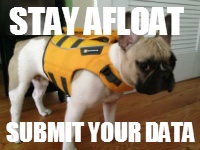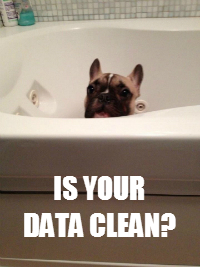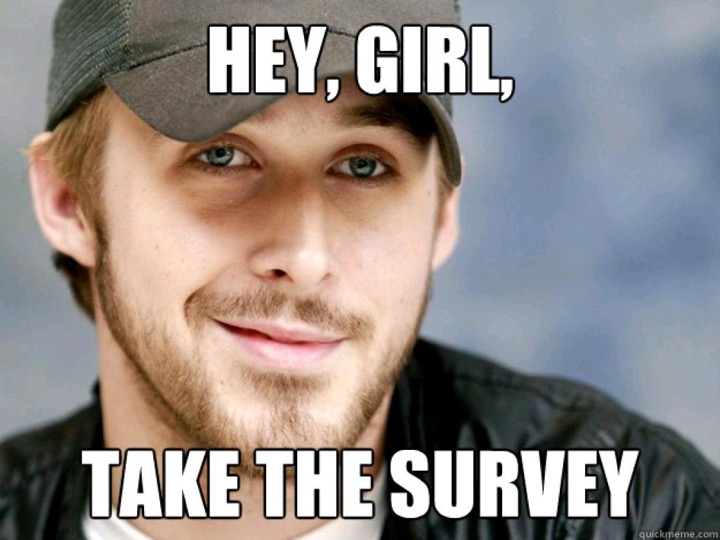Isabella Stewart Gardner Museum Courtyard
Recently, I've been in a number of situations where discussions of evaluation seem devoid of joy or fun. Evaluation is hard, hard work in multiple ways. Data collection often takes many hands and more time than expected, and missing just a few details can result in messy data and hours of sleuthing. Often analysts spend something like 80% of their time cleaning data. Systems sometimes feel like black boxes. Goal-setting is tough, especially setting the right targets when you are doing something new. Passionate people, doing good work, worry about hitting their goals and meeting funders' expectations. Internal evaluation staff can feel attacked when program staff question the results they see. The very word "evaluation" can feel icky.
"Success is not the key to happiness. Happiness is the key to success. If you love what you are doing, you will be successful." -Albert Schweitzer
So, how can we bring the joy back into our evaluation work and cultivate a positive culture of data? Here are a few strategies to start.
Celebrate small successes
Remember how I said this is hard work? Everyone makes mistakes in data entry, syntax, etc. at one time or another. Figure out ways to recognize when individuals or groups get their data in on time, completely, show improvement, or try to innovate for efficiency. Given how long it can take to get from design to seeing outcomes, be sure to celebrate your small successes to stay energized. A colleague just told me that at her non-profit, which used Efforts to Outcomes (ETO), they would pass a little E-T action figure around to those who did the best job of entering their data on time.
Build on the culture of your organization
Years ago, I taught a course on children's social-emotional development to one of the best groups of 70 undergraduates ever. Early in the course, I discovered that many of them, who were mostly child development and psychology majors, happened to be getting dual degrees in music or were very involved in music performance. This inspired me to use music in teaching that course, because I knew they loved it. For instance, we studied patterns of parent-child attachment using pop-song lyrics that matched those patterns.
One reason that the hanging nasturtiums and other flowers in the garden above are so beautiful and inspiring is that they fit with the architecture and the traditions of the Isabella Stewart Gardner museum.
What do the people you are working with enjoy? Does your organization have existing stories, structures, or traditions that you can connect your evaluation work to?
Don't use data as a weapon
I hope this doesn't require explanation. Truly, think about the tone you set when you are reviewing results with your staff, particularly when you are using data for performance measurement and management.
Emphasize that evaluation=learning
Evaluation can help us grow and improve, share promising and evidence-based programs and practices. If you've created a culture of continuous improvement, with staff who are invested in doing their best work to best serve others, then this reminder can be really helpful and freeing. (It can also help you to remember to match evaluation plans and methods to questions that you care about and want to learn about).
Use visuals and metaphors
We all like and deserve to see beautiful, intriguing, fun, clear, and helpful images. You think you don't need to make pretty charts for your internal staff? Well, I've been there--you have little time and you know you are among friends who don't need perfection so you pull together something quick and rough. That's understandable. But also, when you can make the time, don't your internal colleagues deserve to see beautiful, intriguing, fun, clear, and helpful images? Couldn't that help inspire them to get more excited about data?
Non-evaluation metaphors can also help clarify and de-mystify evaluation concepts. Use ones that make sense or are funny and authentic to you. I've seen two cyclist/evaluators share their experiences using data to improve in their sport to illustrate evaluation concepts. It didn't matter that there were no other cyclists in the crowd. People appreciated their passion and thinking about evaluation outside of the pressure of their own work.
Crack yourself up
I wish I could remember who said it, but recently I heard a comedian talking about how he talks about things in his act that make him laugh. He doesn't worry about what an audience will think is funny. If he worries about that, then he won't be himself and won't be funny.
So, when you can, infuse some humor into your work. Start with things that crack you up. Your nerdy humor truly can help others enjoy evaluation (more?).
My City Year team, inspired by Jess Tau's dog, for example, came up with some memes to include in our newsletters to our evaluation staff around the country. We loved them, and soon others did too. It helped make some very tedious reminders more fun. And I'm guessing that already memes are so-3-years-ago, but I've been playing around with an Oprah meme-generator I discovered today. Uh-oh. Look out! (warning: the heat map meme is dripping with sarcasm).
Involve everyone
Many of us have been trained in excellent academic programs. We've been coached and have learned to give presentations, following a traditional formula for conferences (e.g., theoretical background, research questions, methods, results, discussion, etc.). There are definite times and places for that formula.
Guess what? If your go-to method of sharing information about evaluation activities, processes, or even sharing results follows that formula, you are likely missing out on some big opportunities and maintaining a distance between evaluators and other staff. Find out what people want to learn, what data they would find useful. Involve them in reviewing data and interacting with it. Honor their knowledge of context and interest in problem-solving and curiosity.
This is a starting list of ideas. A next step is to collect and share some specific examples. If you have ideas, things you've tried or seen and loved, I'd love to hear about them.





